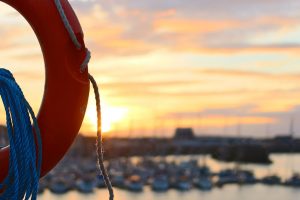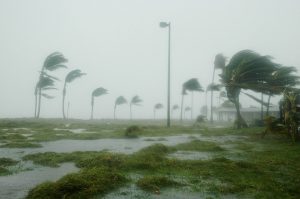 Courtesy of iii.org
Courtesy of iii.org
Living in Florida means boating season never ends. With the right insurance protection, your boating days can be as carefree as a day at the beach. The type of insurance coverage you get depends upon the boat.
If you have a small boat, such as a canoe or kayak, you may have coverage under your homeowners or renters insurance policy. Coverage is usually about $1,000 or 10 percent of the home’s insured value. That amount of coverage includes the small boat, motor and anything you may use to tow it. It does not typically include liability insurance.
Extra liability coverage for boaters makes good sense. Some insurers exclude liability coverage for jet-skis under standard property insurance policies because of the high rate of accidents and injuries. Check with your insurer to see what’s covered and ask about additional protection that you can purchase through an endorsement. If you own a jet-ski or plan to rent one, check out our jet-ski safety video.
People who own small boats need to “go large” on safety. According to the U.S. Coast Guard’s 2013 Boating Statistics, eight of 10 boaters who drowned were in vessels of less than 21 feet. And, 84 percent of drowning victims were not wearing a life jacket. Alcohol use is the leading contributor to boating accidents, along with operator inattention and inexperience. Not unlike the statistics for highways.
To cover physical loss for larger boats (and those valued above $1,000), you need broader coverage. With a watercraft policy or an endorsement to your existing homeowners policy, you’ll be covered for every type of loss or damage to your boat, including theft. There are a few coverage exceptions (such as normal wear and tear). Many boat owners choose a discounted package that covers the boat, motor and trailer.
Some people may decide to go without insurance on their boat because it’s paid in full, so no lender is “forcing” them to get coverage. That’s always an option, I guess, if you can afford to sink your investment. Back in 2004, when Florida experienced multiple hurricanes, you probably saw images of boats slammed together near marinas or flung into streets by high winds, resting a block from the ocean. I remember talking to a woman after Hurricane Ivan who said she had just sunk $10,000 into remodeling her yacht, which was found smashed to bits in a parking lot. “That’s not covered under my homeowners insurance, is it?” she asked. She knew the answer before asking the question, and now so do you.

